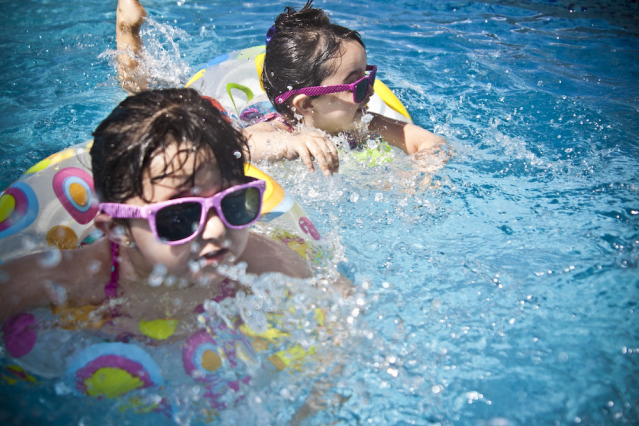Summer means sun, fun, pool days and Cryptosporidium? According to the U.S. Centers for Disease Control and Prevention, infections with the fecal parasite are on the rise—and pool water is a major cause.
So what is Cryptosporidium? Commonly known by its abbreviated name, Crypto, this parasite contaminates pools, playgrounds and other areas where people are in close contact (such as daycare centers). It’s also spread via touching infected cattle.
It only takes one person having diarrhea in the water to contaminate all of the water in a pool. Don’t swim or let your kids swim if sick with diarrhea. Learn more this summer: https://t.co/PaMsqZKT3F. pic.twitter.com/zF6tehFmaD
— CDC (@CDCgov) June 27, 2019
Crypto can cause seriously severe diarrhea, with an illness lasting up to three weeks. The CDC stats show that 35 percent of Crypto diarrhea outbreaks are attributed to swimming pools.
To reduce the likelihood of Crypto contraction avoid pools with obvious signs of fecal contamination and always wash hands/shower after swimming. Instruct your child to never drink or swallow pool water—which is a major source of infection. If your child has diarrhea, keep them away from the pool and don’t send them to summer camp/child care. Keeping your kiddo home can help to stop the spread of the illness to someone else.
—Erica Loop
Featured photo: Juan Salamanca via Pexels
RELATED STORIES
Here’s What Early Physical Activity Can Do for Your Child, According to Science
These Mosquito Sticks Could Be the Perfect Solution to Avoiding the Itch
